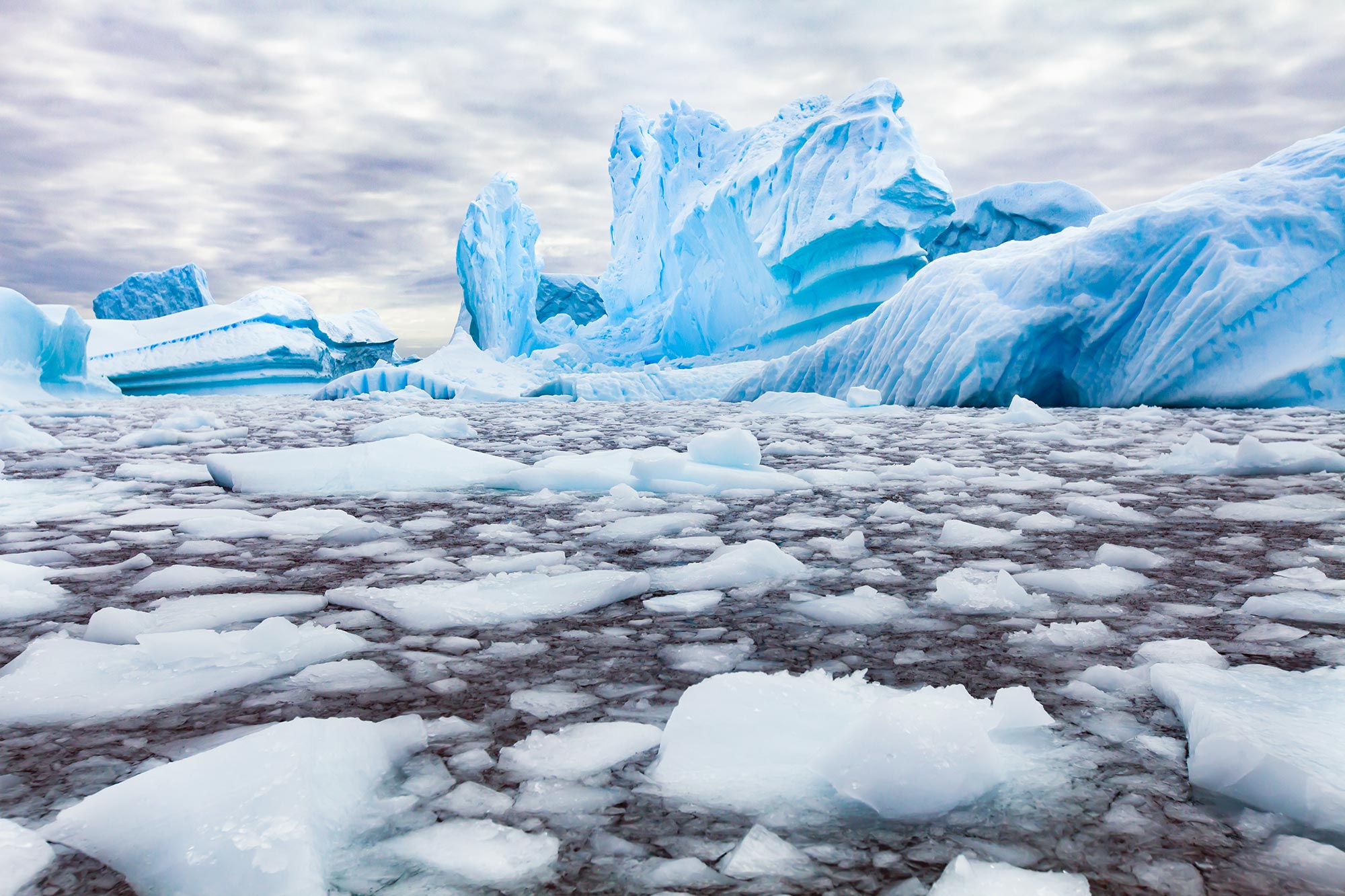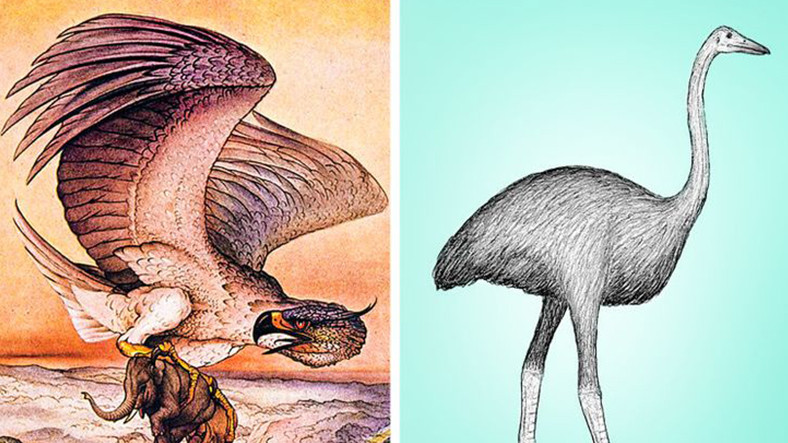A new international study carried out by climatologists at Monash University found that ice loss in Antarctica continued and is likely to continue for many centuries after its initiation.
“Our study implies that the loss of ice in the Antarctic is likely to remain unbroken for a long time – even if climate change is brought under control,” said the authors of the lead study, Dr. Richard Jones and Dr. Ross Whitmore of the Monash University School of Earth, Atmosphere and Environment.
The study published on October 21, 2020 in geology, outlines a cosmogenic chronology of the surface exposure from the Mawson Glacier next to a region of the Ross Sea that underwent a dynamic sea-based ice sheet retreat after the last glacier maximum.
The data show an abrupt ice thinning of at least 220 meters between 7,500 and 4,500 years, followed by a more gradual thinning until the last millennium.
The study presents new results on ice sheet thinning in the southwestern Ross Sea. The results show that an abrupt ice loss of several hundred meters occurred at a similar speed and duration over several outlet glaciers in the middle Holocene despite the complex bed topography.
Both outlet glaciers show that abrupt de-icing occurred over a large area of the mid-Holocene.
Compared to regional changes in sea level and sea temperature, the study data shows that the warming of the ocean most likely resulted in a retraction of the ground line and an ice withdrawal, which then accelerated as a result of the instability of the sea ice cover.
“We show that part of the Antarctic ice sheet has suffered rapid ice loss in the recent geological history,” said Professor Andrew Mackintosh, director of the Monash School of Earth, Atmosphere and Environment.
“This loss of ice occurred at a rate similar to that of today in rapidly changing parts of Antarctica. It was caused by the same processes that are believed to cause current and likely future loss of the Antarctic ice mass – ocean warming, exacerbated by internal feedback, “he said.
“The retreat lasted many centuries after it was initiated, which means that Antarctica ice loss is likely to continue unabated for a long time to come.”
Reference: “Abrupt thinning of the ice cover in the middle Holocene in the western Ross Sea, Antarctica” at regional level by RS Jones, RJ Whitmore, AN Mackintosh, KP Norton, SR Eaves, J. Stutz and M. Christl, October 21, 2020, geology.
DOI: 10.1130 / G48347.1



